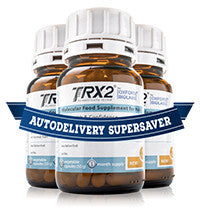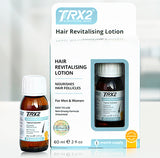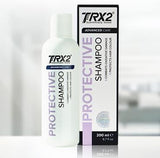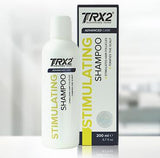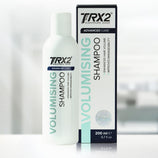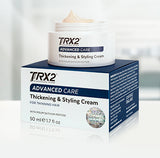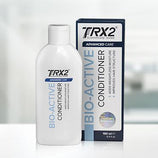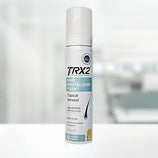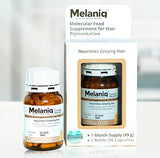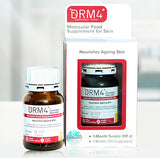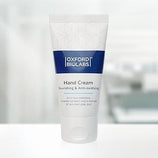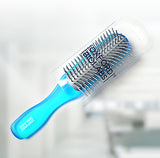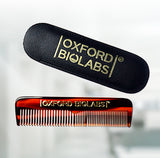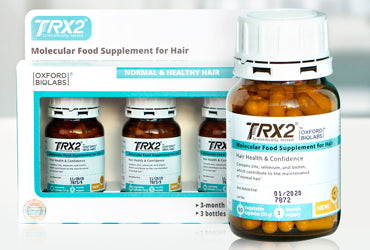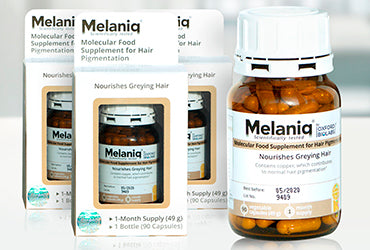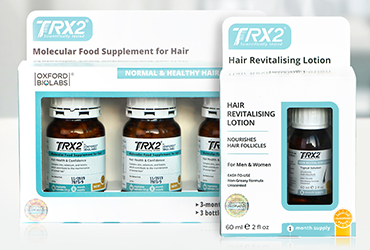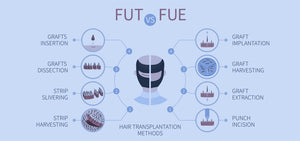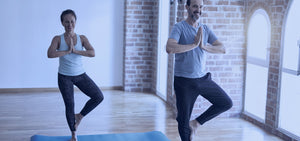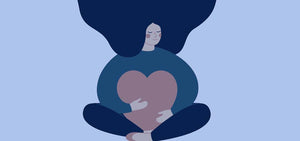Can working out cause hair fall?
What is exercise worth? For most people, it’s priceless. Some believe that hair loss and working out go hand in hand. Anecdotal evidence suggests that testosterone is responsible for increased shedding during physical exercise and since balding men supposedly have more testosterone, exercise makes hair loss worse. Is there truth to these claims? Can properly performed, moderate exercise be making one’s hair fall out faster?
How does exercise improve quality of life?
Millions of men and women around the world lead sedentary lives, never moving around more than necessary on a day-to-day basis. This type of lifestyle may lead to serious consequences, not least of all, hair problems. With poor nutrition and blood circulation, the body suffers, ages much more quickly, and begins to shut down little by little. Of course, mental health is also connected with physical health, so depression is a common side effect.
The National Health Service (NHS) recommends the following for overall cardiovascular health for adults:
Either
- At least 30 minutes of moderate-intensity aerobic activity at least 5 days per week for a total of 150 minutes
Or
- At least 25 minutes of vigorous aerobic activity at least 3 days per week for a total of 75 minutes; or a combination of moderate- and vigorous-intensity aerobic activity
In addition to
- Moderate- to high-intensity muscle-strengthening activity at least 2 days per week for additional health benefits.
Exercise lightens the load on the body stress-wise and has a host of positive benefits. Health benefits of regular physical activity include:
- Lowering blood pressure
- Increasing levels of good cholesterol
- Improving circulation (including the scalp)
- Keeping weight under control
- Improving mood and mental health
Can increased testosterone during workouts cause hair to fall out?
One theory of hair loss states that DHT (dihydrotestosterone) is responsible for shrinking hair follicles. Testosterone is converted to DHT, which then binds to the follicles and over time impairs their functionality. This makes sense but it fails to uncover a deeper trigger in the process of hair loss. There are men with high levels of DHT that don’t experience any form of thinning, and there are men with low levels of DHT that are practically bald. So what is the real reason behind hair loss?
Genes dictate what colour hair a person will have, whether their earlobes will be attached to their neck or not, and they are also encoded to activate hair loss in susceptible individuals. It is this predisposition that is responsible for men and women going bald. Men experiencing hair loss like to brag that they are more “virile” but sensitivity to DHT comes down to genetics, simple as that.
Exercise can raise DHT, as illustrated in a study on the effects of exercise on sex hormones in men. During the 12-month study period, DHT levels increased by 8.6% compared to baseline measurements. Researchers noted short spikes of testosterone after physical activity but no changes in the long term. Because this is the first study to evaluate DHT after an exercise program, more research is needed to confirm if exercise, DHT, and increased hair shedding are connected.
Possible symptoms of high testosterone levels in men and women include:
- Acne
- Increased facial/body hair
- Menstrual irregularity
Signs of low testosterone include but are not limited to:
- Weakness/Fatigue/Lethargy
- Mood changes (depression, irritability)
- Decreased libido/erectile function/quality of orgasm
- Decreased facial/body hair
Consult a healthcare professional if you notice any of the above symptoms as they could be signs of an underlying medical condition.
Excessive workouts and hair loss
Going to a gym and exercising is not likely to cause or make hair loss more severe. Overtraining, however, is a different beast. Not giving the body proper rest can result in injury, lowered immune function, and eventual exhaustion. The stresses that are put on the body during excessive training also deplete it of vital nutrients.
What about drastic weight cuts that involve taking out certain food groups and slashing water intake? If done improperly, extreme dieting can land one in the hospital, and the six-pack and general health benefits will be replaced with intravenous fluids in the intensive care unit and possible organ failure.
Can whey protein shakes cause hair fall?
Short answer - no. Normally, whey protein or any form of protein powder for that matter does not contain any hormonal components that could affect the hair. Obviously, most people that drink protein workout or do fitness of some kind. Fortunately, as explained above, there is very little chance that proper exercise can make hair shed.
TRX2® Molecular Food Supplement contains BCAAs, commonly included in protein powders, and they are there for a reason. Amino acids are the building blocks of proteins, required for making all proteins. This includes proteins found in hair follicles. Studies show that damaged/chemically-treated hair is stripped of BCAAs and amino acids. A lack of these vital components may lead to increased hair porosity and even hair loss.
Conclusion
For the men and women experiencing hair loss, it can be logically concluded that not exercising by making excuses that hair will fall out is considerably worse for the body (and hair) in the long run. Testosterone spikes during exercise are temporary, increasing as a person gets closer to their maximum output and are not likely to have long term effects on hair loss. Reap the benefits of weight-training, pilates, or bodyweight training, and watch hair become healthier.
